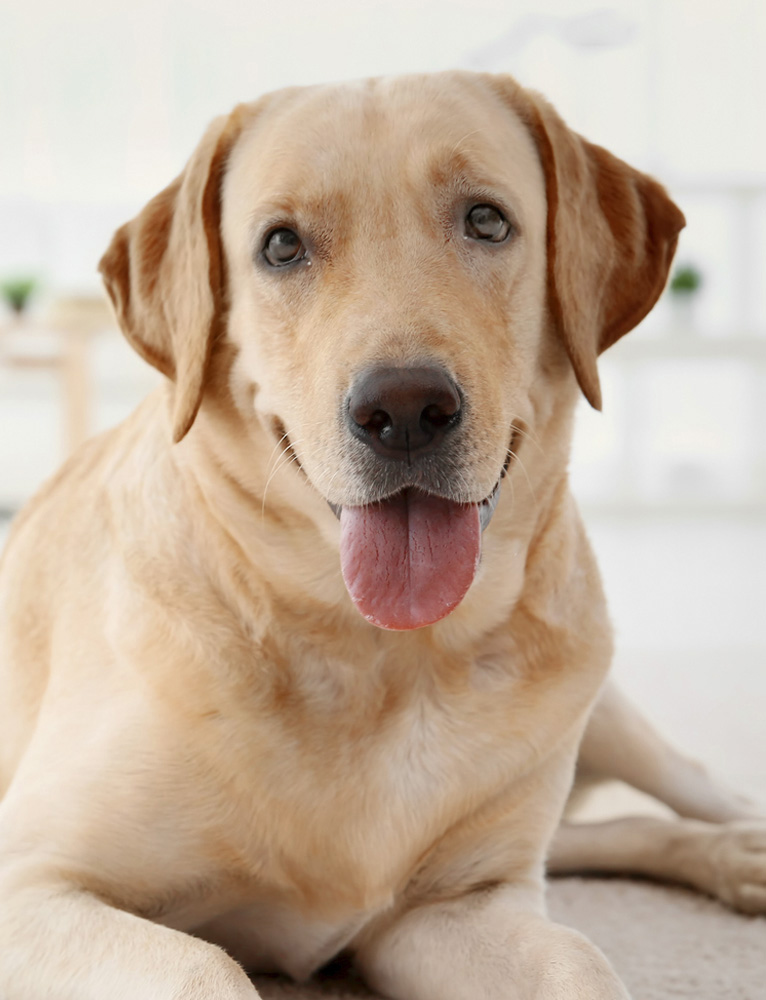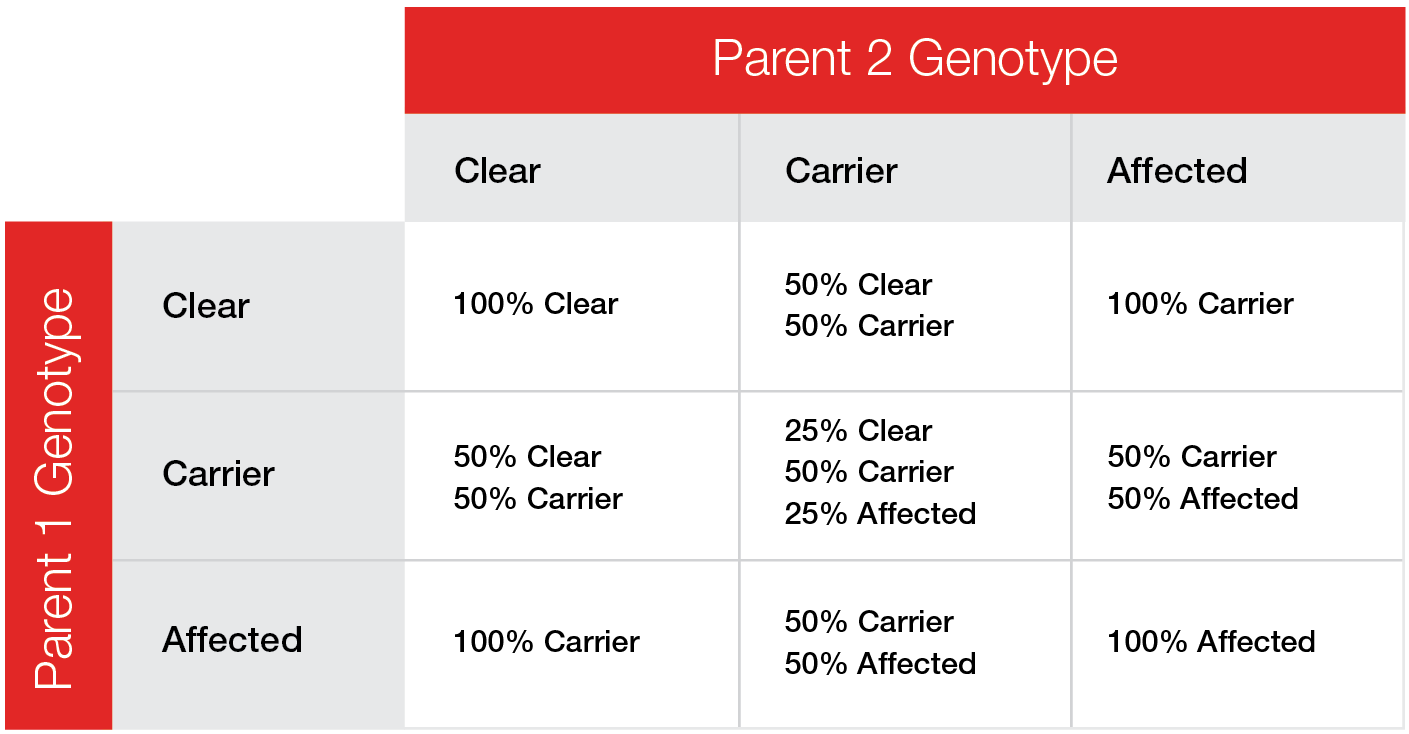Hereditary Nasal Parakeratosis DNA Test
HNPK causes a dry, rough crust on an affected dog’s nose
Order Dog DNA Tests by Breed
In our state-of-the-art laboratory, we perform dozens of validated DNA tests for hundreds of breeds: Type in your dog’s breed and hit "Search" to see the possibilities. For dogs of unknown descent, type “mixed breed."

Test Highlights:
Name: Hereditary Nasal Parakeratosis (HNPK)
DNA Samples: Collected at Home Using Cheek Swabs
Cost: £58 + S&H per Dog
Results: 5 Business Days after Receipt of Samples
How do I Know if my Labrador Retriever Carries the Mutation for HNPK?
Hereditary Nasal Parakeratosis (HNPK) is an inherited autosomal recessive disorder that affects only Labrador Retrievers. Affected dogs begin showing clinical signs around six to twelve months of age. They develop dry, rough crusts on the tip of the nose and, in extreme cases, the dog’s nose will crack and cause severe discomfort. Lesions can also occur on the area around the nose. Affected areas are prone to bacterial infections and can lose pigment over time. Fortunately, this disorder may be treated with veterinary consultation and topical therapy.
Our DNA test for HNPK in dogs gives Labrador Retriever breeders an accurate, convenient, and affordable tool to help them avoid producing HNPK-affected offspring and significantly reduce the gene frequency in future generations.
DNA results are emailed within 5 business days, once all samples are received at the laboratory.
Not sure if you need this test? Type your breed into the box above or contact us for a free consultation.
Your Hereditary Nasal Parakeratosis (HNPK) DNA-test kit includes:
- Sterile DNA-collection swabs
- Complete instructions
Understanding Results
There are 3 possible genotypes reported for Hereditary Nasal Parakeratosis (HNPK)
- CLEAR: those having 2 copies of the normal allele and appear to be normal
- CARRIER: those having 1 copy of the normal allele and 1 copy of the mutation but appear to be normal
AFFECTED: those having 2 copies of the mutation are likely to show clinical signs of HNPK

Although carriers do not show clinical signs of the disease, it is important to note—if used for breeding—carriers are likely to pass on the mutation 50% of the time. Therefore a carrier (x) carrier mating is likely to result in producing affected pups in about 25% of the offspring.
Reach Us
Do you have questions or need assistance? Contact our team.
Our Pets & Vets products are serviced exclusively by our U.S.A office. Email your request using the form, and one of our experts will reply as soon as possible.
DNA Technology Park
1 DDC Way
Fairfield, OH 45014
Leave A Message
